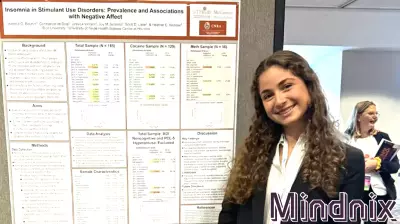Celebrate the Holidays Your Way: Embrace Personal Joy
November 29, 2024 - 02:17

The holiday season is a time for joy and celebration, but it's essential to recognize that happiness is not a one-size-fits-all experience. Each individual has unique preferences and needs that evolve over time and with changing circumstances. Rather than conforming to traditional expectations, this year, consider crafting a holiday experience that is tailored to you.
Embrace the freedom to celebrate in a way that brings you genuine joy. Whether that means spending time with loved ones, indulging in personal hobbies, or even taking time for self-reflection, the key is to prioritize what makes you feel fulfilled. Guilt should not accompany your choices; instead, focus on creating meaningful moments that resonate with your spirit.
As the holiday season approaches, remember that it's perfectly acceptable to redefine how you celebrate. By honoring your individuality and embracing your preferences, you can cultivate a joyful holiday experience that truly reflects who you are.
MORE NEWS

February 25, 2026 - 00:30
Rewired: How the Digital World Reshapes the Human BrainThe impact of our digital lives on the brain is a complex tapestry, not a simple story of harm or benefit. Emerging perspectives suggest that digital engagement, particularly among the young,...

February 24, 2026 - 00:52
Day in the life: Health sciences senior follows research toward clinical psychologyIsabella Bourtin, a health sciences senior, exemplifies the determined focus required to navigate a significant academic shift. Once firmly on the pre-med track, she has successfully pivoted her...

February 23, 2026 - 01:31
Toxic People Makes Us Age FasterThe emotional toll of difficult relationships is well-documented, but new research indicates the damage may be more than skin deep, potentially accelerating the biological aging process. A recent...

February 22, 2026 - 01:17
From Psychology to the Runway, Purpose Takes Center StageFor Lisa Jacovsky, a recent runway appearance during New York Fashion Week was far more than a fashion statement. Recognized as a `Queen of Impact` on the catwalk, the moment served as a powerful,...